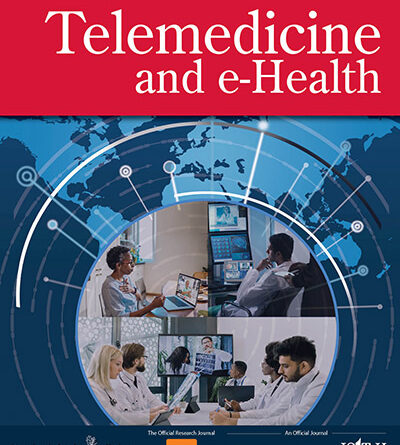Diagnostic Accuracy of Mobile Health-Based Audiometry for the Screening of Hearing Loss in Adults: A Systematic Review and Meta-Analysis
Background:Hearing loss is one of the most prevalent chronic health conditions. Traditional pure tone audiometry (PTA) is the gold standard for hearing loss screening, but is not widely available outside specialized clinical centers. Mobile health (mHealth)-based audiometry could improve access and cost-effectiveness, but its diagnostic accuracy varies widely between studies. Therefore, we aimed to evaluate the diagnostic accuracy of mHealth-based audiometry for hearing loss screening in adults compared with traditional PTA.
Methods:Ten English and Chinese databases were searched from inception until April 30, 2022. Two researchers independently selected studies, extracted data, and appraised methodological quality. The bivariate random-effects model was adopted to estimate the pooled sensitivity and specificity for each common threshold (i.e., the threshold to define mild or moderate hearing loss). The hierarchical summary receiver operating characteristic model was used to assess the area under the receiver operating characteristic curve (AUC) across all thresholds.
Results:Twenty cohort studies were included. Only one study (n = 109) used the mHealth-based speech recognition test (SRT) as the index test. Nineteen studies (n = 1,656) used mHealth-based PTA as the index test, and all of them were included in the meta-analysis. For detecting mild hearing loss, the pooled sensitivity and specificity were 0.91 (95% confidence interval [CI] 0.80–0.96) and 0.90 (95% CI 0.82–0.94), respectively. For detecting moderate hearing loss, the pooled sensitivity and specificity were 0.94 (95% CI 0.87–0.98) and 0.87 (95% CI 0.79–0.93), respectively. For all PTA thresholds, the AUC was 0.96 (95% CI 0.40–1.00).
Conclusions:mHealth-based audiometry provided good diagnostic accuracy for screening both mild and moderate hearing loss in adults. Given its high diagnostic accuracy, accessibility, convenience, and cost-effectiveness, it shows enormous potential for hearing loss screening, particularly in primary care sites, low-income regions, and settings with in-person visit limitations. Further work should evaluate the diagnostic accuracy of the mHealth-based SRT tests.


